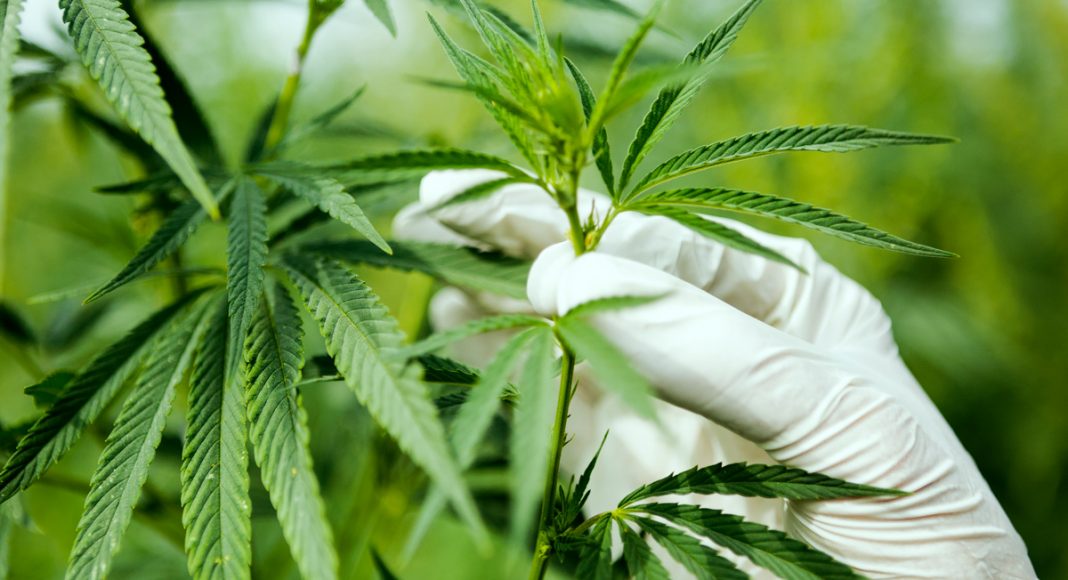Representative Tulsi Gabbard of Hawaii took to Twitter on Tuesday, to say, “Our criminal justice system is broken & unsustainable, both for our government and society. Ending the marijuana prohibition is a long overdue common-sense step to take to end the destructive cycle that is turning everyday Americans into criminals.”
With that in mind, Gabbard, in conjunction with Representative Carlos Curbelo (FL-26) and bi-partisan co-sponsors, introduced legislation to evaluate states’ marijuana policies, called the Marijuana Data Collection Act.
The National Organization for Reformation of Marijuana Laws (NORML) is also in on the act.
Speaking to the U.S. House of Representatives, Gabbard said, “For decades, bad data and misinformation have fueled the failed War on Drugs that has ruined people’s lives, torn families apart, and wasted billions of taxpayer dollars incarcerating Americans for nonviolent marijuana charges. In 2016 alone, nearly 600,000 people were arrested for marijuana possession. Our laws must be informed by facts — not emotion, manufactured stigma and myths.
“Our bipartisan legislation, the Marijuana Data Collection Act, will lay the groundwork for real reform by producing an objective, evidence-based report on current marijuana laws that exist in 31 states across the country, and their impact on our communities,” Gabbard said. (Watch her speech on C-Span and the related press conference.)
This proposal would give this responsibility to the National Academy of Sciences (NAS), a credible scientific organization that is independent of the federal government.
“We know the experience with legalization has been overwhelmingly favorable, but we do not trust the anti-marijuana politicians to report the results favorable, so this measure would remove it from the politicians and give it to the scientists,” read an advisory distributed on Capitol Hill, by NORML representatives.
The Marijuana Data Collection Act was introduced to assure a valid assessment will be made by a reputable scientific organization regarding the experience and outcome so far regarding marijuana legalization, both medical and recreational, in states across the nation.
In a status update on her Facebook page, Gabbard posted, “Our bipartisan bill will authorize a nonpartisan, evidence-based report that analyzes current marijuana policies across the country and their effects on our communities.”
If enacted, the government would still play a role via the Department of Health and Human Services; however, the primary work will be conducted by NAS.
NORML Political Director Justin Strekal said, “This is not a marijuana bill, it is an information bill. No member of Congress can intellectually justify opposition to this legislation. Our public policy needs to be based on sound data and science, not gut feelings or fear-mongering. Approving the Marijuana Data Collection Act would provide legislators with reliable and fact-based information to help them decide what direction is most beneficial to society when it comes to marijuana policy.
“We appreciate the leadership from both Representatives Gabbard and Curbelo for emphasizing that marijuana policy be evidence-based and for tasking the National Academies with this important work,” said Strekal.
According to NORML, the act calls upon NAS to collect and synthesize relevant data and to generate a formal report to Congress quantifying the impact of statewide marijuana legalization on matters specific to public health, safety, the economy, and criminal justice, among other issues.


